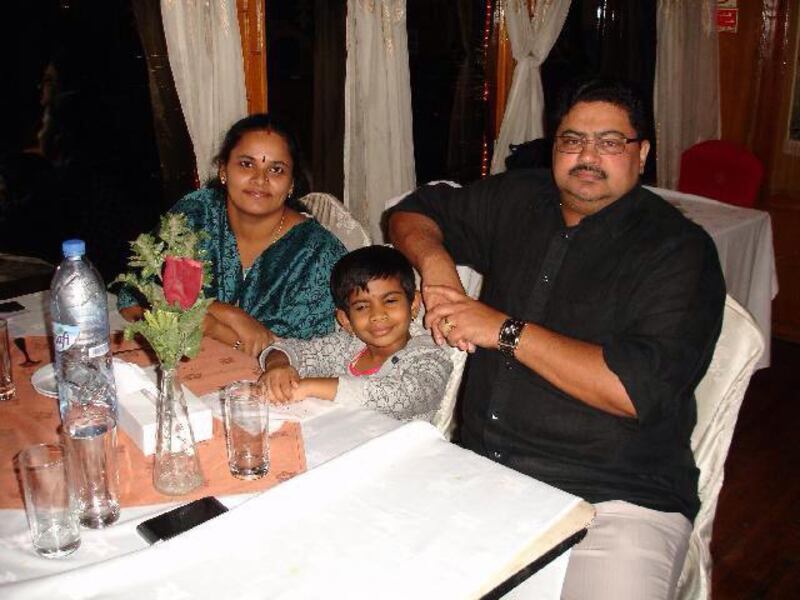The deaths of Indian film maker Santosh Kumar, his wife Manju Menon and their nine-year-old daughter Gauri in a suspected murder-suicide at their Dubai flat constitute a tragedy on several levels. It was one thing for him to conclude his debts left suicide as the only option, but to smother his own daughter suggests a mind that had snapped from despair.
The facts that have emerged in this case mirror features that appear in many similar situations: there is the accumulation of debt (most likely facilitated by the profusion of credit cards and loans that UAE residents are offered regularly), followed by the insistent calls from debt collectors, the debtor no longer answering their telephone and then, on a few tragic occasions, an event like this.
Part of the solution to a very complex problem is already upon us. The Al Etihad Credit Bureau allows banks to cross reference how much a resident already owes, preventing those already deeply in debt from simply going to another bank and getting a new tranche of credit.
A more important part of the answer will come in the form of easily available advice, so that the psychological burden of indebtedness does not seem so oppressive that debtors feel there is no way out.





